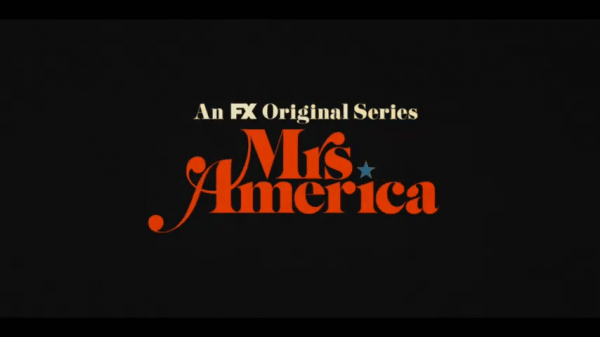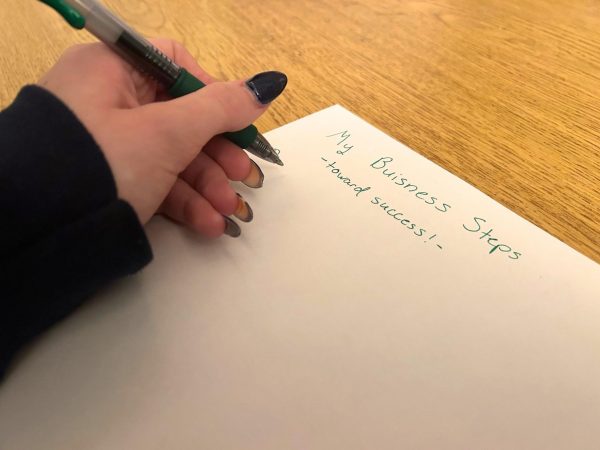Phyllis and the feminists: Mrs. America tells the story of the interesting political dispute of the 70s

Though the series created controversy by focusing on Republican activist Phyllis Schlafly as its protagonist, HULU’s Mrs. America interestingly observes both sides of the E.R.A. dispute in the 1970s. Looking for something to watch? Make sure not to miss this great political drama.
April 23, 2020
The impact second-wave feminism left on the world, specifically the United States, unquestionably affected our society for the better. However, throughout history, a tendency exists to over glorify certain aspects of history and gloss over the not-so-nice parts. Hulu’s brand new series, Mrs. America, focuses on the complications and fights for the passing (or in this case prevention) of the Equal Rights Amendment (E.R.A.) in the early to mid-1970s. The series includes a star-studded cast with the likes Cate Blanchett, Rose Byrne, Uzo Aduba, Elizabeth Banks and much more.
Mrs. America follows two different sides of the political spectrum: Phyllis Schlafly, a political conservative infamously known for speaking against the feminist movement, and Gloria Steinem and her team fighting throughout the decade in favor of the feminist movement. The main conflict of the series focuses on the efforts made to pass or eliminate the Equal Rights Act, a bill that included women in the draft.
Phyllis Schafly would argue against it by saying that with a female-inclusive draft “women wouldn’t be able to take care of their families”: on the other hand, Steinem and the feminist movement supported passing the bill and pushed for more rights such as safe and legal abortion, while also “supporting” the campaign of Shirley Chisolm (the first black female presidential candidate).
The series contains a number of fascinating insights. Viewers see how Schlafly’s anti-feminist agenda helps her get included within important political circles, which sadly shows that they only support her opinions against gender equality rather than the rest of her political views which supports the misogynist views of the men within the circles. We also see how even though the feminist movement intended to spread positivity, within, the negativity and resentment such as betrayal of “peers” and even the condescending nature of the support for Shirley Chisolm’s campaign show that their side also contained a handful of problematic components. All observations included creating necessary criticism of both sides exposing the questionable parts of the American political spectrum.
One extremely noticeable detail about the series, apart from the excellent acting, stands as the historical accuracy and the way the team successfully made the actors look like their historical counterparts. From the beginning, the series immerses viewers into 70s culture, politics and imagery that makes Mrs. America compelling and intriguing to watch. New episodes premiere every Wednesday on HULU.
The Chant’s Grade: A

















